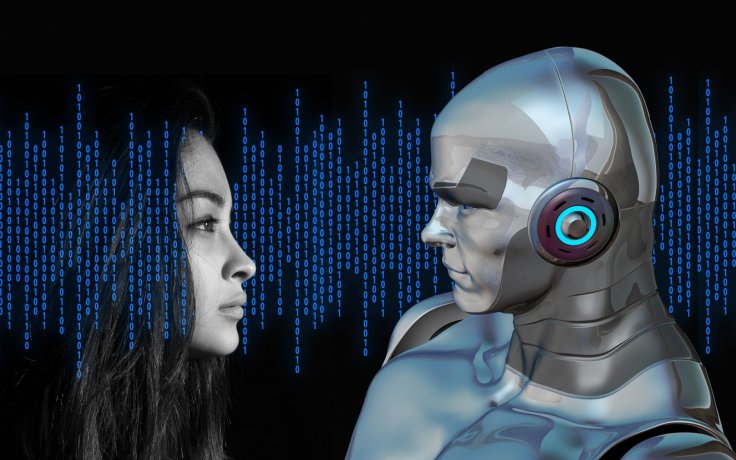The universe is too large beyond human imagination, and since the dawn of mankind, human beings are trying to determine whether there is a higher power than governs the fate of living beings on the planet. Now, scientists are trying to answer another mind-blowing question that could even change the very existence of life on earth; Are we living inside a simulation?
Are Humans Living in a Computer Simulation?
It was Nick Bostrom, a Swedish philosopher who initially put forward this question, whether humans are living in a computer simulation. In 2003, he published a paper named 'Are We Living in a Computer Simulation', and it proposed a scenario in which a post-human civilization is running a simulation of the universe to understand their evolutionary process.
According to Bostrom, there are three possible scenarios for the simulation theory, and he believes that one of them could be true. The first scenario claims that human beings will perish before it reaches the post-human stage of development characterized by giant technological advancement.
As per the second scenario, the chances of post-human civilization running a simulation to understand evolutionary history will be unlikely. The third scenario argues that present-day human beings are certainly living in a computer simulation.

The Worrying Odds
Popular American physicist Neil deGrasse Tyson has also shared similar views in the past, and he had also propagated the idea that humans might be living in a computer simulation. Tyson also believes that the odds of this possibility could be more than 50 percent.
And now, a new report published in Scientific American has suggested that the odds of this theory being true is worryingly 50/50. However, this probability of humans living in a simulated universe is hinged on the technological ability of humans to create virtual consciousness.

David Kipping, an astronomer at Columbia University, using the Bayesian method determined the probability of humans living in a simulation. To make his prediction, Kipping combined the first two scenarios suggested by Bostrom, as their outcomes are virtually identical. According to Kipping, the odds of humans living in a simulation will increase in the day when we develop the ability to create consciousness in a simulated setting.
"The day we invent that technology, it flips the odds from a little bit better than 50/50 that we are real to almost certainly we are not real, according to these calculations. It'd be a very strange celebration of our genius that day," said Kipping.









